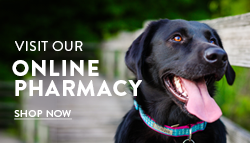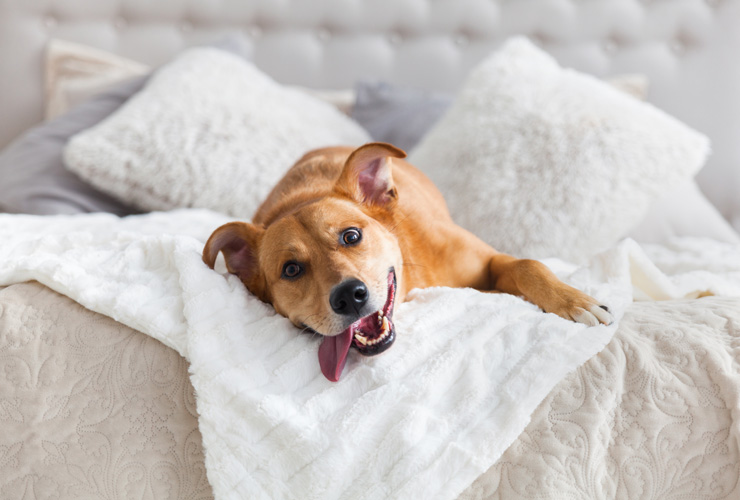
Your pet is a big part of the family, so when it’s time for a major medical procedure, the experience can be a bit nerve-wracking. While surgeries and other operations are necessary for your pet’s health, it’s crucial to take care of your furry friend afterward, too. So, let’s dive into how to keep your pet healthy and happy after surgery.
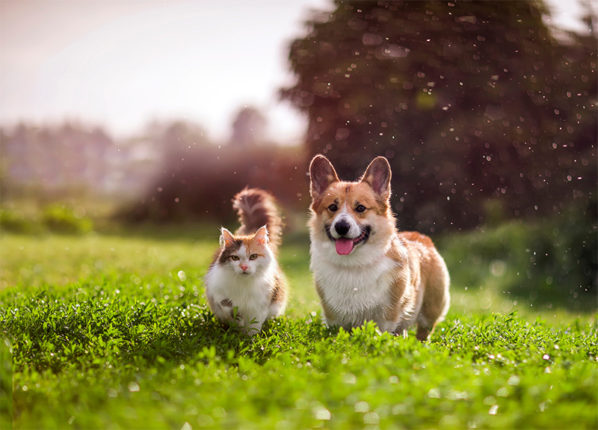
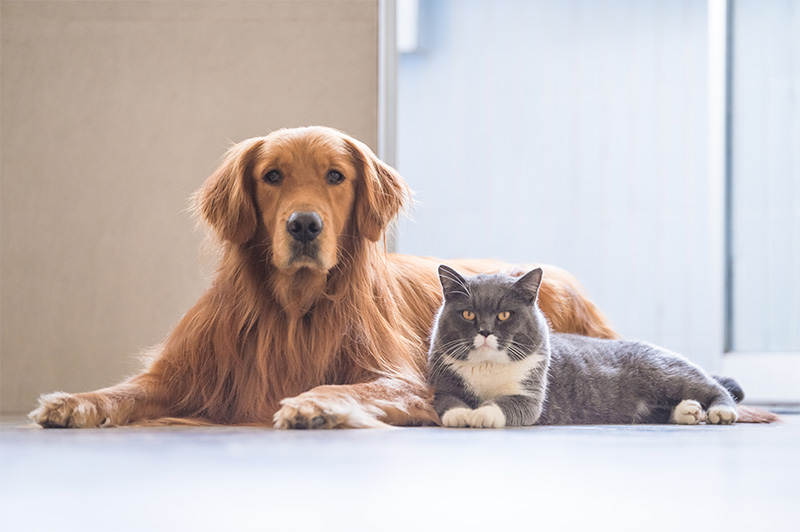
Feeding
Your pet will likely not have much appetite due to the anesthesia used during the operation. However, their hunger should return after about 24 hours. In the meantime, feeding your pet human dishes like chicken and rice might be better than their regular food. Be sure to ask your vet about any dietary restrictions.
Since your pet won’t be very hungry, you’ll have to pay attention to when they eat and how much. Diet is critical in helping them recover, so you have to be diligent.
Treatment and Side Effects
Depending on the procedure, you’ll get various medications for your pet to take. These medicines will have different side effects, and your vet should discuss how to manage them. Be sure to read any documents about the medication and what to expect. Usually, you’ll receive antibiotics and potentially some sedatives or anti-anxiety medicines as well.
If you have any questions, ask them before leaving the vet’s office. Also, if you have any home remedies in mind, bring them up to the vet to see if they would potentially counteract your pet’s treatment plan. Just as with their diet, medications are essential in helping your pet recover quickly.
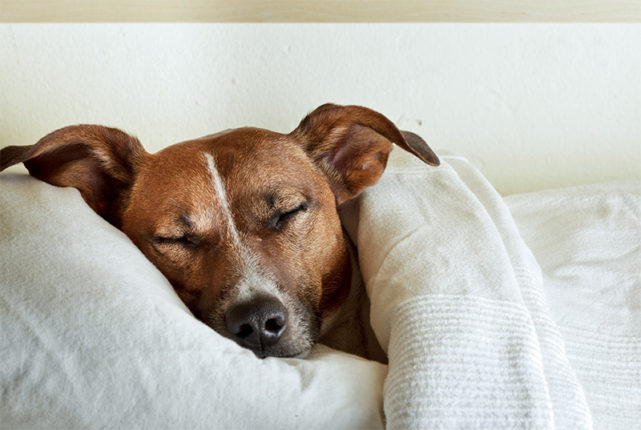
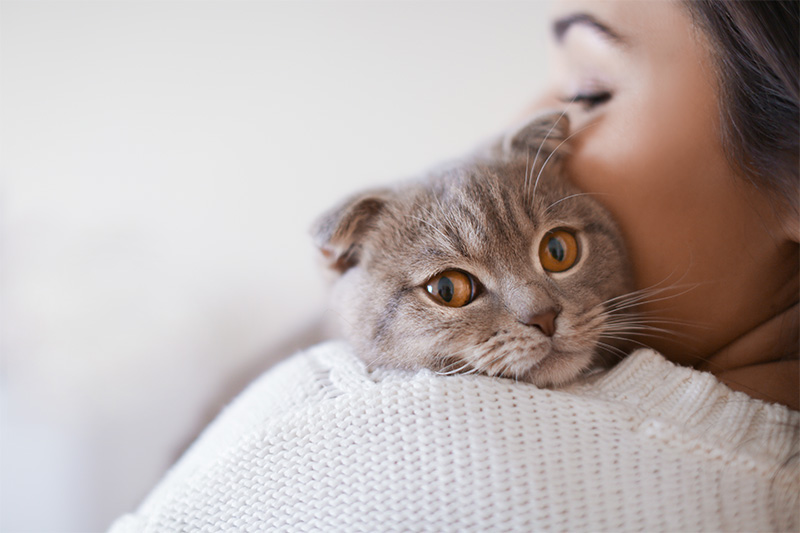
Pain and Movement
Your pet will need lots of rest, and you’ll have to make sure to avoid putting pressure on the bandaged site. If possible, provide a large enough sleeping surface so your pet can stretch out and not feel cramped.
For the first day or so, your pet should rest as much as possible. Ask your vet when you can resume activities like walking and playing. If you have children, make sure they understand the care and attention required to help your pet recover. Some pain is natural, so ask your vet if there are any warning signs of worsening symptoms.
You may also have to put your pet on “crate rest” during recovery. If they’re wearing a plastic cone, you’ll need to have a large enough crate for your pet to turn and move comfortably.
When to Call Your Vet
Since pet surgery is relatively rare, it’s easy to be concerned if your pet shows any sign of pain or discomfort. As a rule, you should call your vet if you notice:
- Bleeding around the surgery site
- Lack of appetite that lasts for more than 48 hours
- Signs of infection around the surgery site
- Excessive vomiting or diarrhea unrelated to medication
Your pet’s recovery is often just a matter of time and patience. It’s hard to see them struggle, but it’s necessary for them to be back to normal.
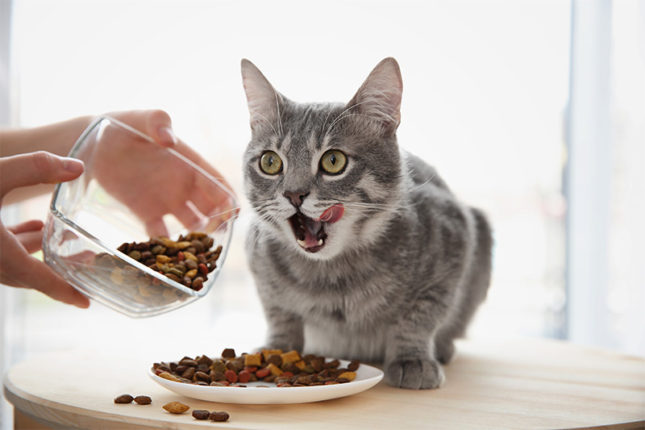
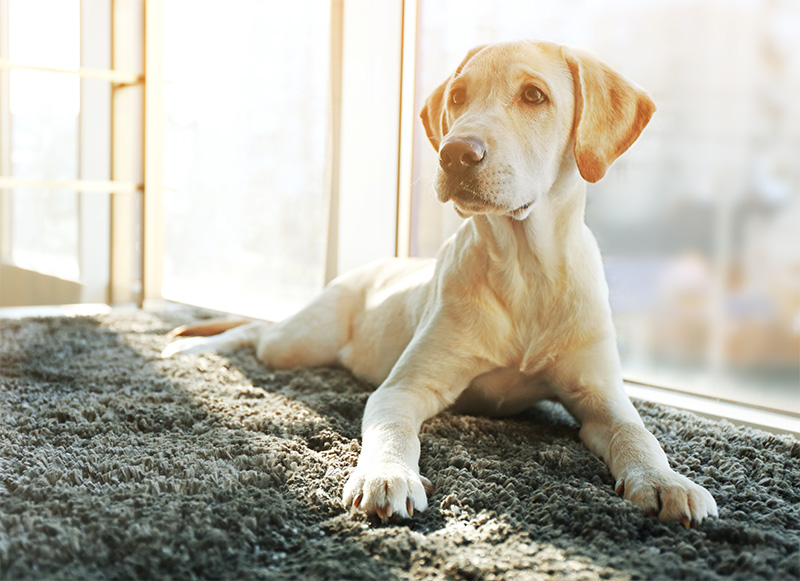
Post Surgery Consult in Goldsboro
We always welcome you to contact our veterinarian, Dr. John Lewis, at Eastwaye Veterinary Clinic


